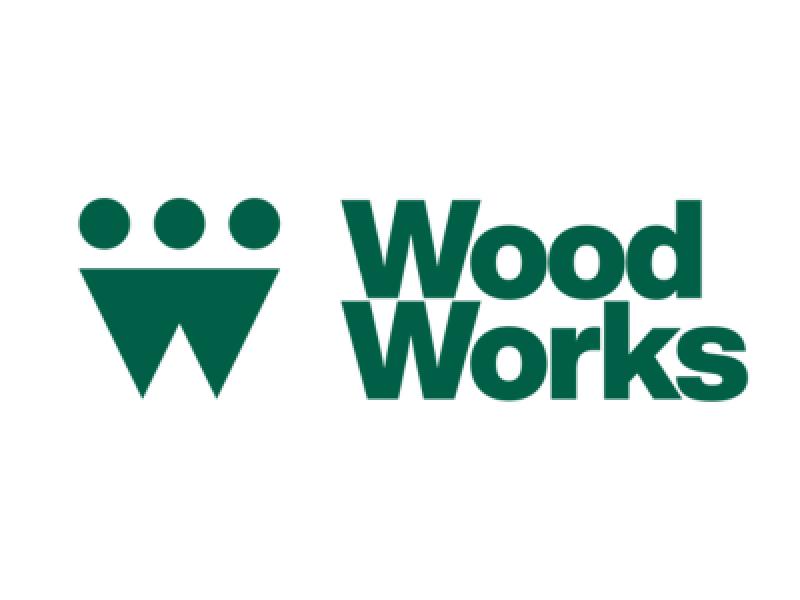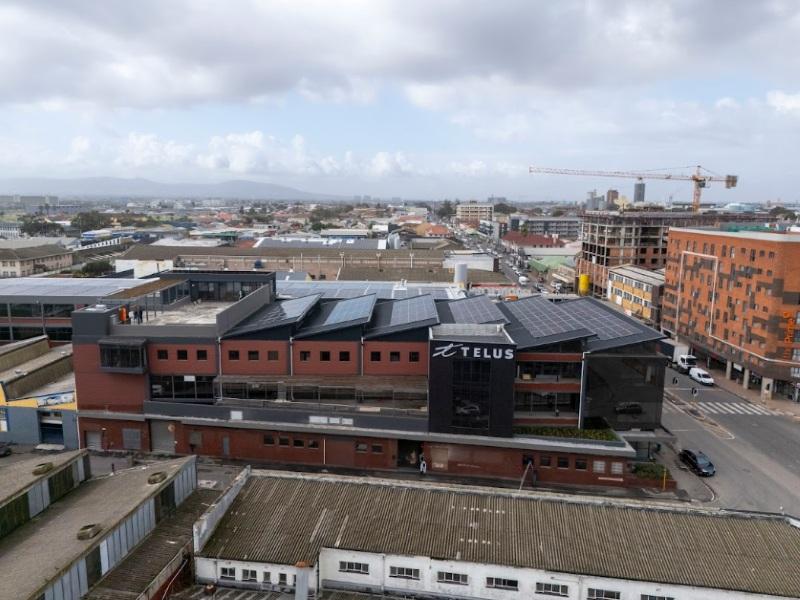
Innovators in carbon removal technology have caught the attention of the world as a tool to take on global warming. Sucking up carbon from the atmosphere or oceans is an intriguing, possibly essential technology for a better future.
But how can the public be sure a tonne of carbon removed will actually be a tonne of carbon removed? Skepticism has been raised about carbon offset programs, leading to demands for higher verification standards.
At Deep Sky, the Montreal-based carbon removal startup, vice-president of carbon markets Charlie Renzoni makes it his goal to ensure there is integrity behind the company's objective in removing carbon from the environment.
As a player in a nascent field, Renzoni said in an interview with Sustainable Biz Canada much work is needed to bring carbon removal to a high degree of trust and business viability.
“When you see headlines about carbon market illiquidity, or the fact that there is zero transparency in the market, it’s actually far worse I think than we realize. That excited me because it means opportunity, but it means we have even more to do to make sure we bring liquidity to market and we bring transparency to this market.”
From OMERS to Deep Sky
Like company CEO Damien Steel, Renzoni joined Deep Sky from pension fund Ontario Municipal Employees Retirement System (OMERS). At OMERS, he led North American fintech and climate deals at the fund's venture capital wing, working with firms ranging from small businesses to multi-billion-dollar companies.
Renzoni helped guide investments into companies like Toronto-based Manifest Climate and met with carbon removal firms such as B.C-based Carbon Engineering. Climate risk was raised as a concern at OMERS, and he was told renewables would not scale up quickly enough to meet 2030 climate targets. Renzoni came to believe carbon removal and carbon offsets are “mandatory in those net-zero-time horizons.”
When he learned about Deep Sky, he devised some concepts for carbon credit distribution as an advisor, then was given the opportunity to join the company.
Renzoni was convinced to join Deep Sky because of the experience of its leadership. Deep Sky’s co-founder Fred Lalonde is the CEO and co-founder of popular travel app Hopper. Deep Sky’s co-founder Joost Ouwerkerk and chief carbon scientist Phil De Luna bring extensive backgrounds in science and engineering.
“If I learned one thing from venture capital,” Renzoni said, “if you find the right team in a market, you jump on the opportunity.”
Calculating carbon
In Deep Sky’s business model, customers will purchase carbon removal credits in offtake agreements, or directly on a spot market or exchange. Deep Sky works as project developer, managing the facilities containing direct air capture or direct ocean capture technology, and the captured carbon.
Underpinning this system is the company selling the evidence that a tonne of carbon was removed, Renzoni said.
In his position as vice-president of carbon markets, Renzoni creates the structure to ensure carbon is being removed and accounted for. This means leading and expanding the team creating the software to verify carbon removal, making it easier to purchase carbon removal credits, and listening to what customers need and how auditors define a tonne of carbon removed.
To validate the carbon removal, Deep Sky’s engineers and software developers will track the progress of its carbon removal systems as the technology takes in the carbon and purifies the greenhouse gas, then compresses, transports and stores it underground.
Isometric, a London and New York-based carbon removal standard and registry, will be collaborating with Deep Sky to develop a measurement and verification protocol for its carbon removal process. The protocol will be examined by independent scientists before being finalized, according to a release.
The carbon removal projects with the most integrity, that can be tracked through the value chain, are rising in popularity relative to the whole market, showing there is demand for transparency, he said.
Renzoni added his experience in problem solving and contextualizing data from a mechanical engineering background and understanding customer needs from OMERS helps him greatly in his role.
Overcoming roadblocks in the carbon markets
The immaturity of carbon markets means “a lot of work” is needed, he said. The most prominent problems are illiquidity, a lack of transparency, customer opinions on risks, and infrastructure that does not yet exist.
Under four per cent of carbon removal purchases are delivered, Renzoni said, citing CDR.fyi’s analysis of the market. This is because buyers and sellers are transacting directly, which does not happen in a mature market, Renzoni explained. A litany of standards for carbon removal projects are creating confusion over what is legitimate and what is greenwashing, according to Renzoni.
He hopes to see maturing registries, different distribution channels with more supply of credits and different trading houses on secondary markets as solutions.
The inner workings of the carbon removal industry are opaque, due to transactions happening behind closed doors and little data transparency, Renzoni said. Deep Sky’s software will give carbon removal credit buyers the option of seeing data they wish to publicize to address this problem, he explained.
Government support, including tax credits for carbon capture projects, could further de-risk the industry and attract large infrastructure investors. Renzoni is bullish there will be more support for project and technology developers from governments, as they witness the dramatic impacts of climate change.










